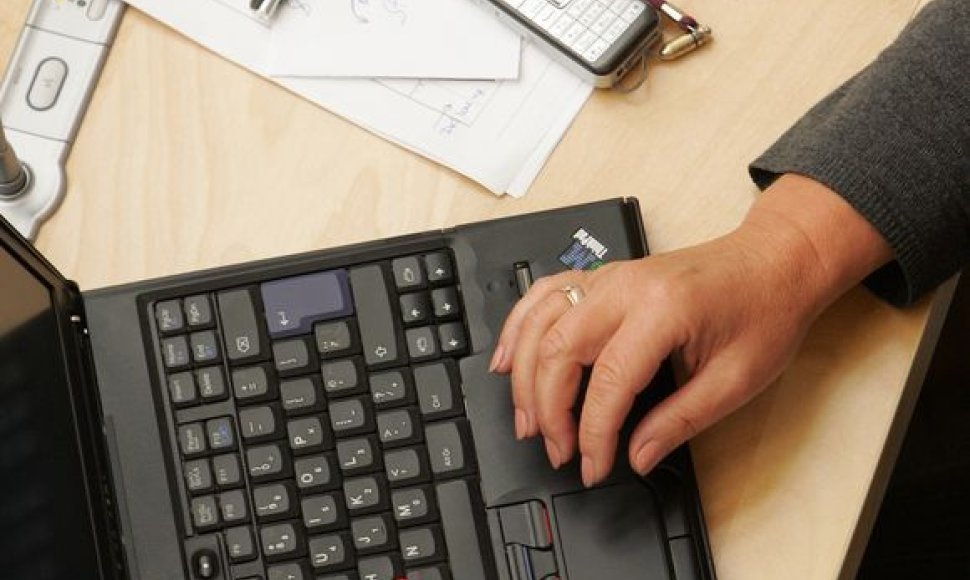The president proposed keeping the procedure of signing laws and presidential decrees unchanged. According to Grybauskaitė, it would not be safe to discard authentic signatures for key state documents altogether.
"We are a modern state and the whole legislative process can and should take place online. I support proposals to expand the use of the electronic signature in everyday activities. But it is not safe to discard the authentic signature for key state documents. Not a single state in the world, even the most advanced ones in the field of information technologies, has renounced the original signature," the Lithuanian president was quoted as saying in the statement.
The president also believes the country is not ready financially and technologically for the move. Experience shows that ensuring security of e-services costs tens of thousands of litas and still is not 100 percent secure.
Grybauskaitė also stated that financial costs of the shift to e-signing and efficiency of the legislative process would be inadequate.
"This decision would only ensure income for IT companies," Grybauskaitė said.
Minister of Justice Remigijus Šimašius, who submitted the draft law, said he was disappointed with the president's decision but, he added, the law could easily be amended taking into account changes proposed by the president.
"It’s a bit disappointing that the president did not want to sign such a law that would oblige her to e-sign e-documents. On the other hand, the president stated herself that we are a modern state and the whole legislative process should take place online," the minister told BNS.
Šimašius added, however, it was important that the president agreed that legal acts should be published in the online register and not the paper version of the Official Gazette.
"I understand the president's arguments about the symbolic, historic meaning of signing documents by hand. In terms of security, there are security aspects related to e-signing we have to take into account as well, and they are included in the law, just as there are security aspects related to signing by hand. Ultimately, only the last page is signed by hand, and not every as in case of e-singing of very important e-documents," the justice minister said.
The Seimas adopted the draft Law on Legislative Framework in late June.
2012 07 09
Lithuanian president vetoes law on e-signing of all legal acts
Lithuanian President Dalia Grybauskaitė has vetoed a draft Law on Legislative Framework stipulating that all legal acts shall be e-signed only, the Press Service of the President has said on Monday.
Report mistake
Successfully sent
Thank you












